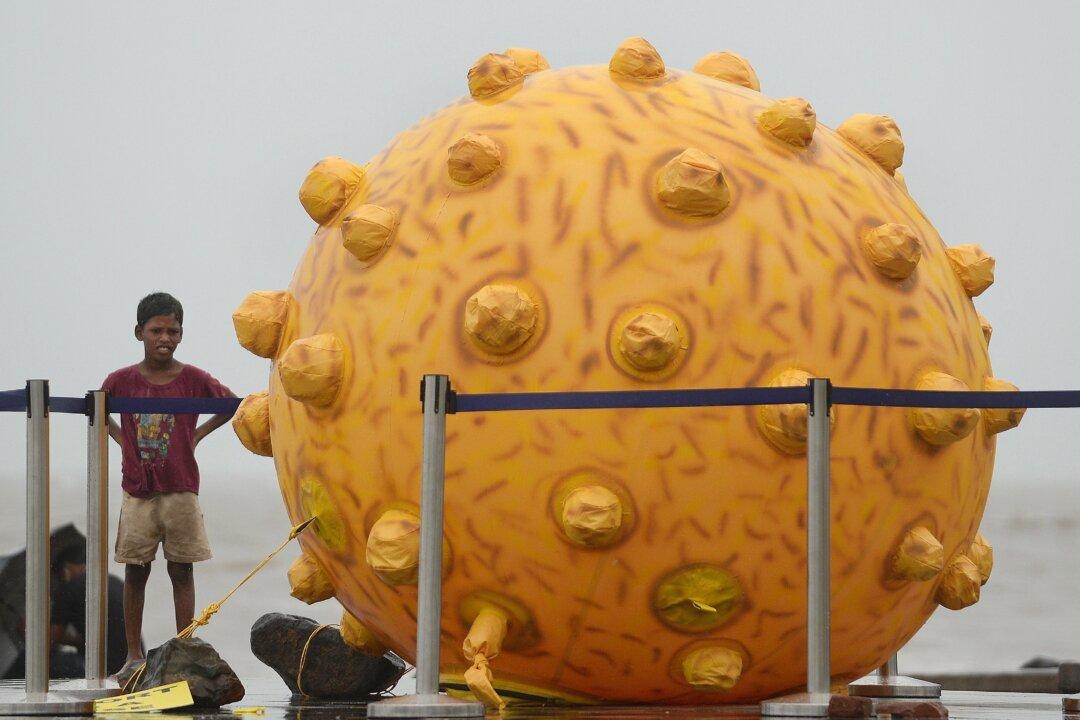Japan has confirmed its first death from unexplained acute hepatitis, a disease involving liver inflammation that has affected children in many countries, according to local reports on April 3.
The Japanese health ministry did not provide further details about the case, nor did it reveal the age of the deceased patient.





